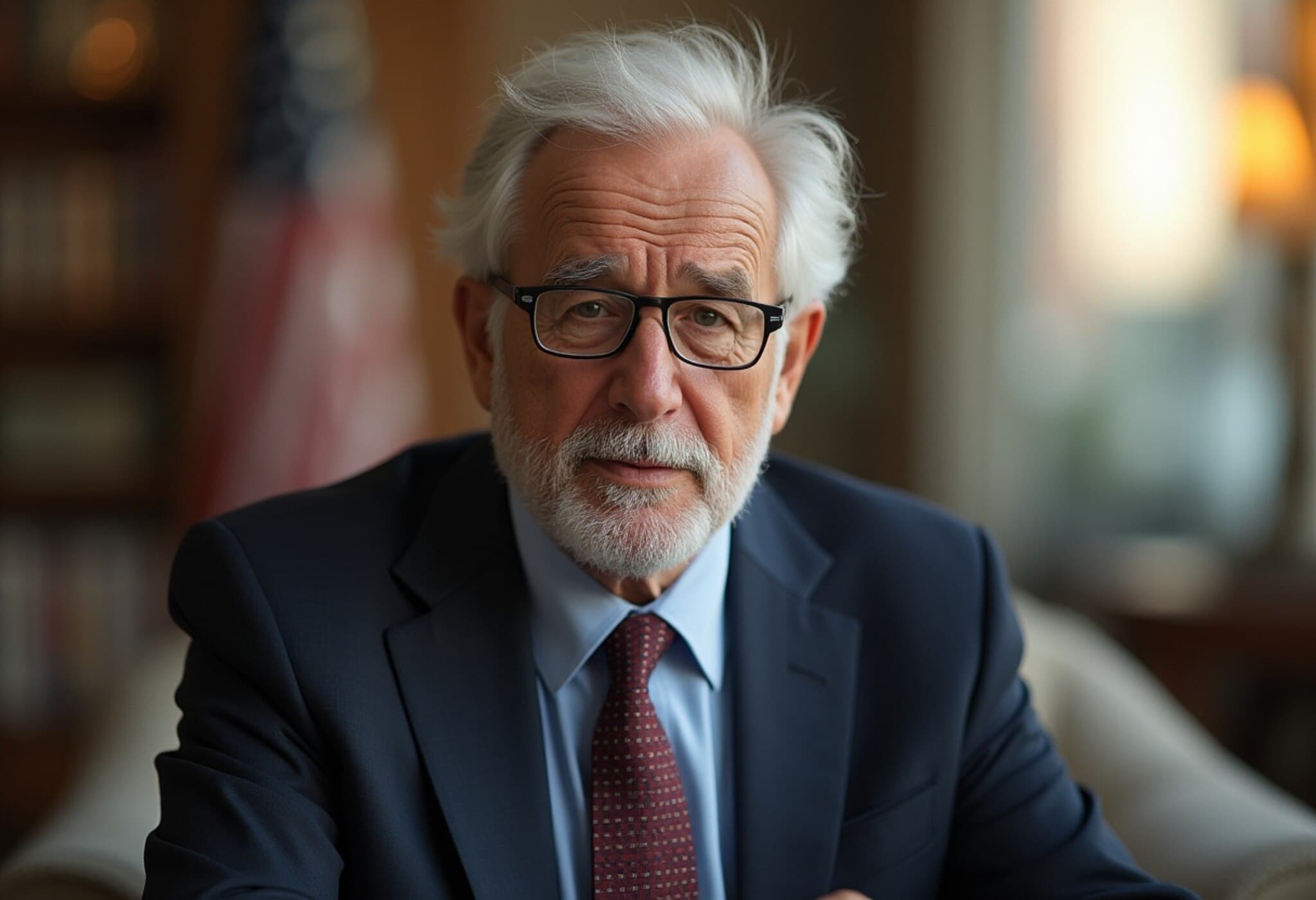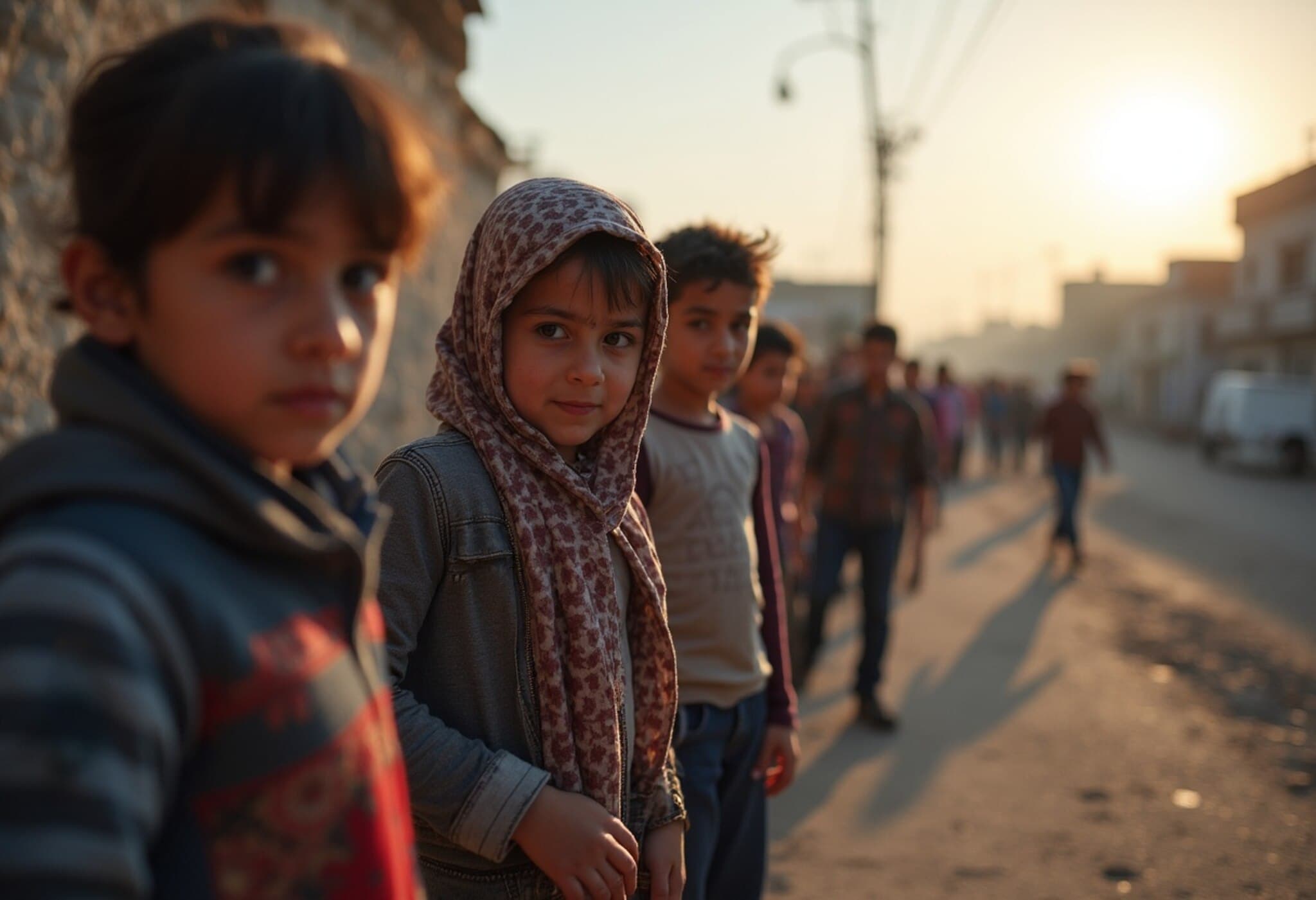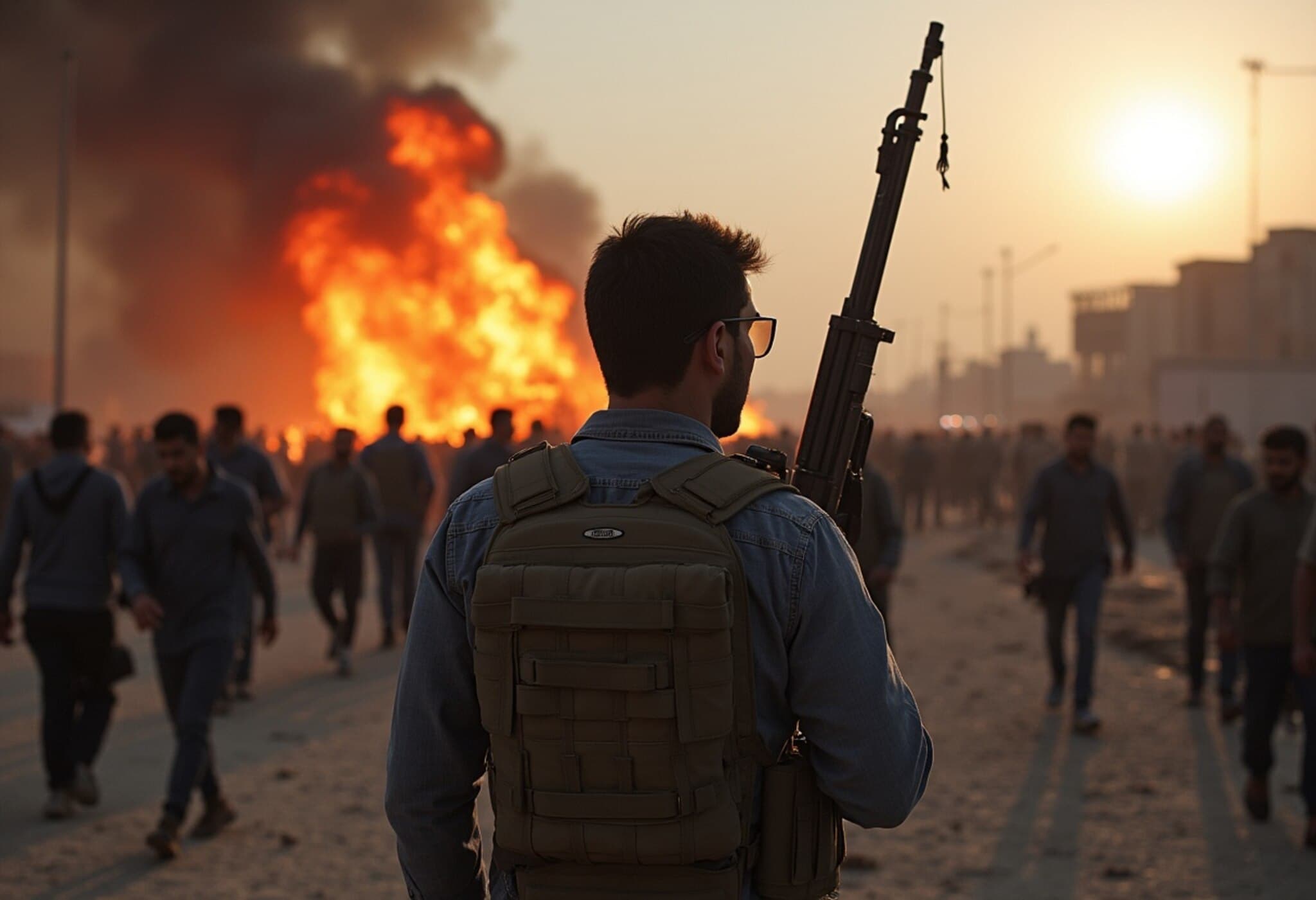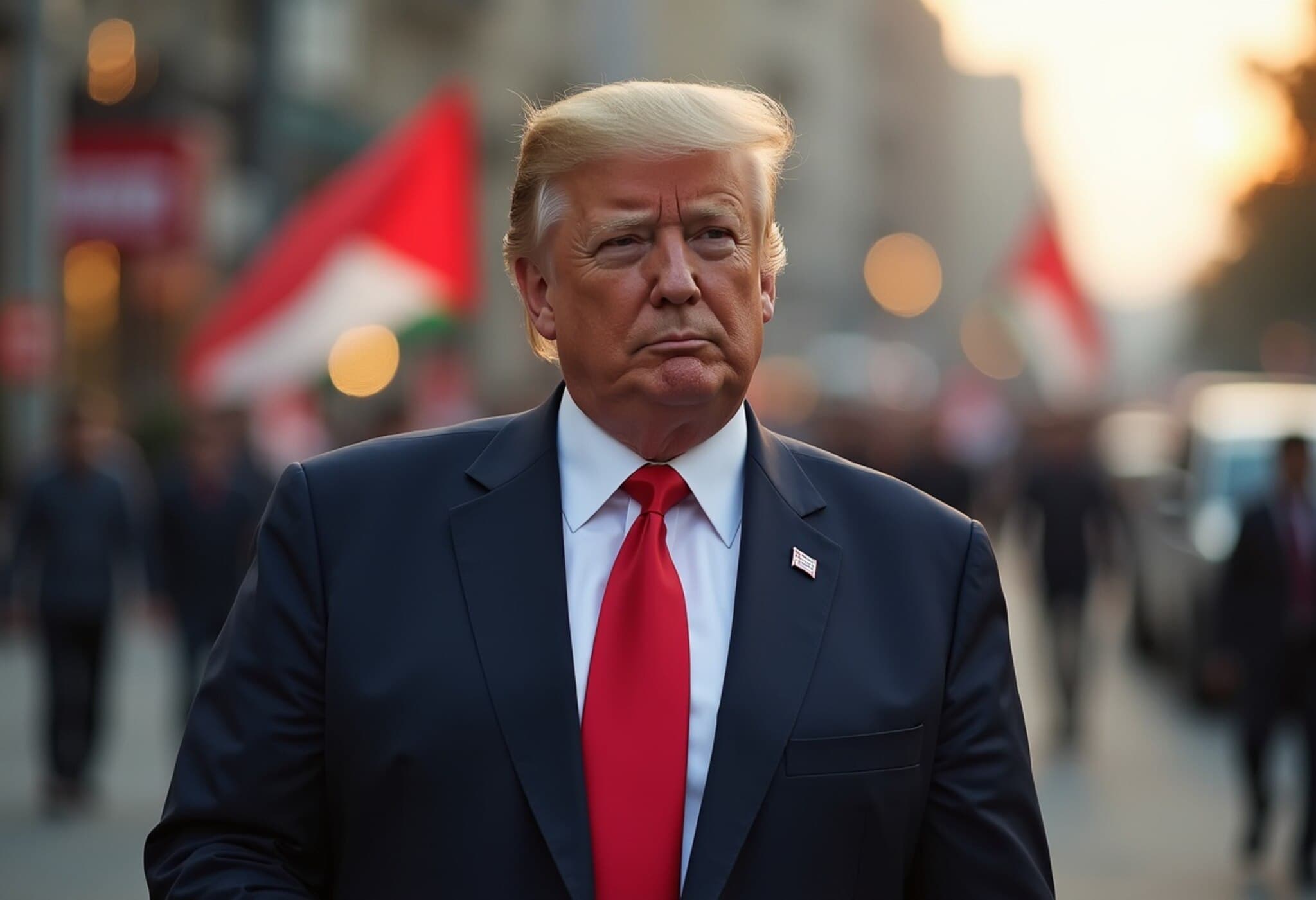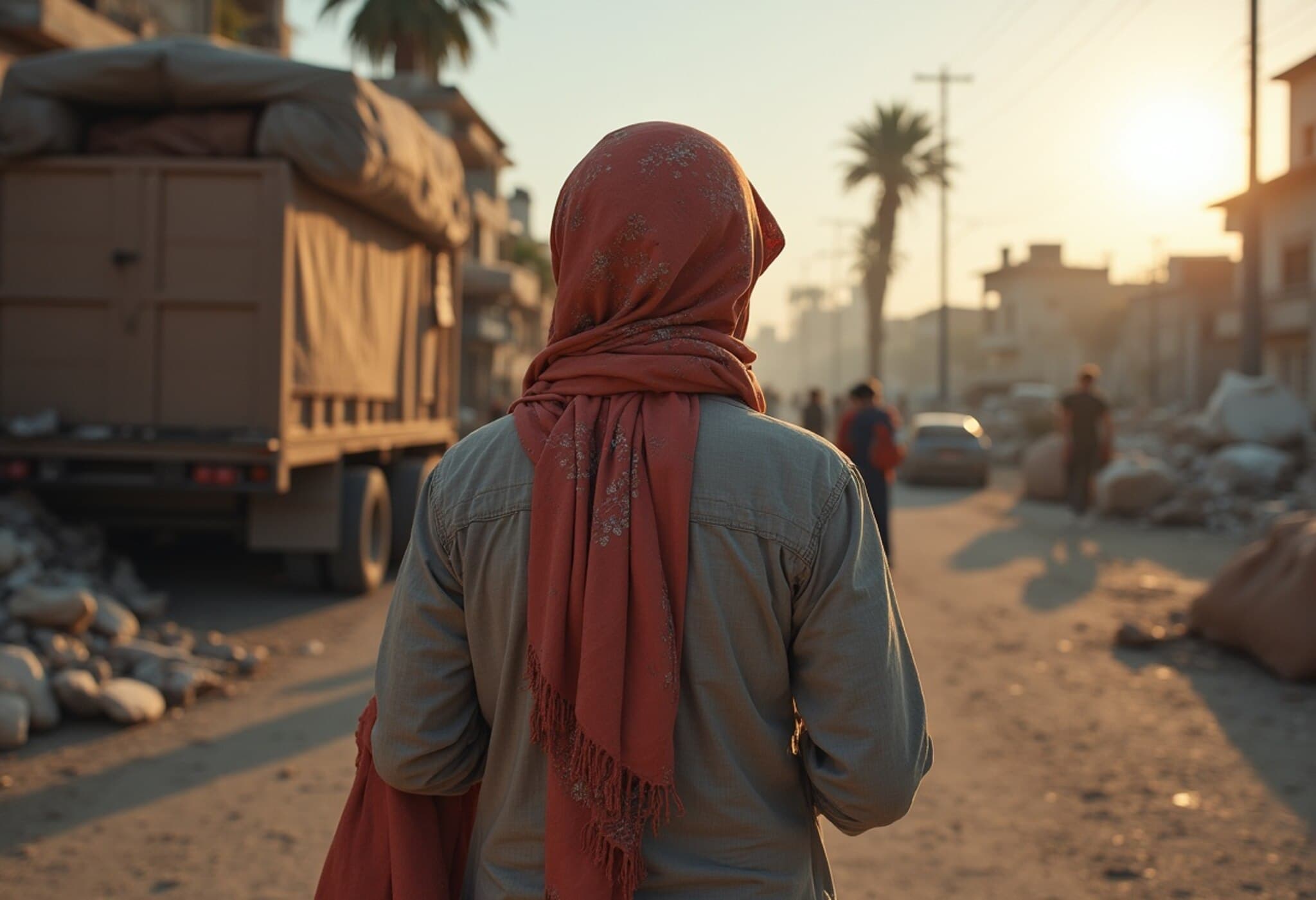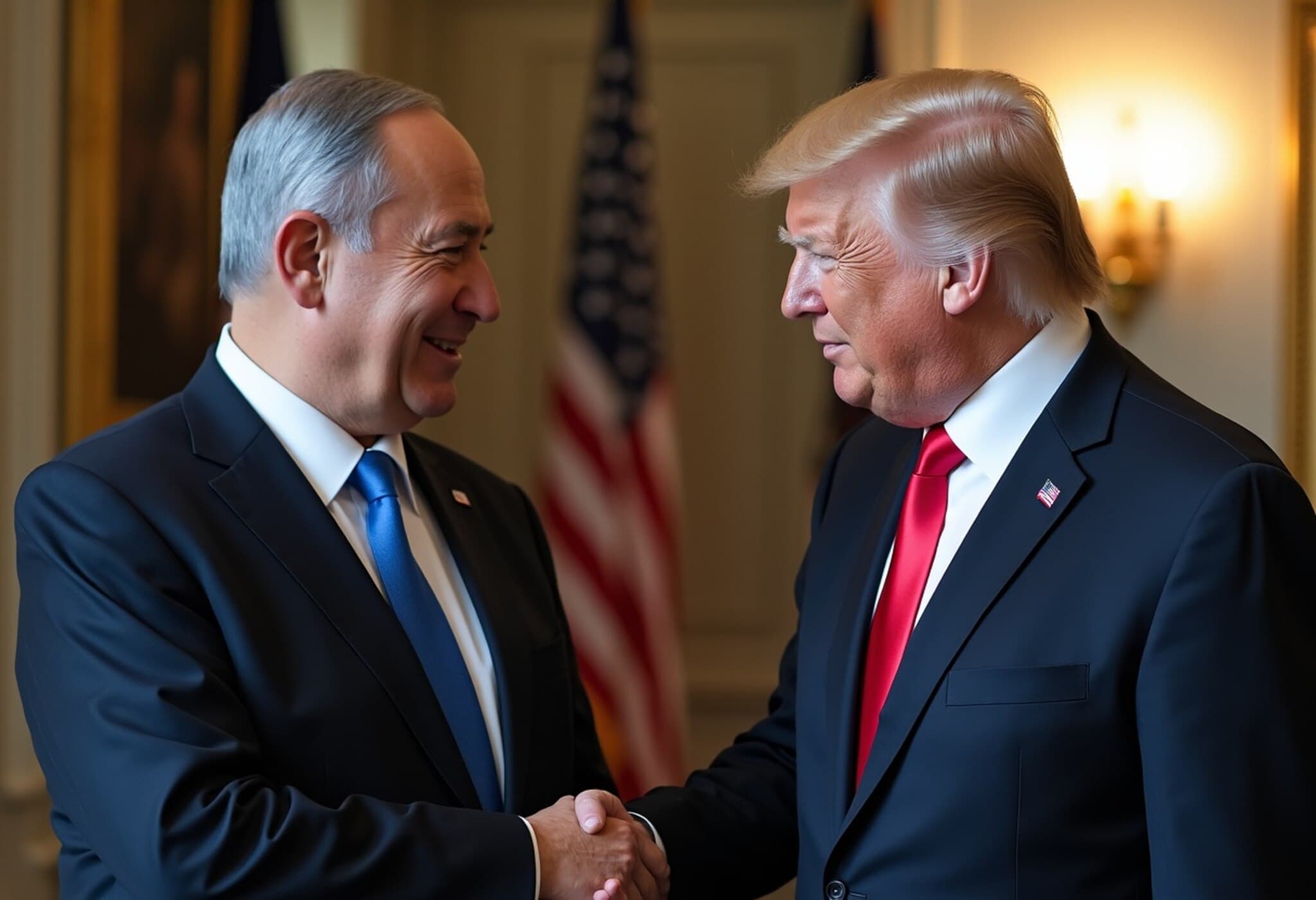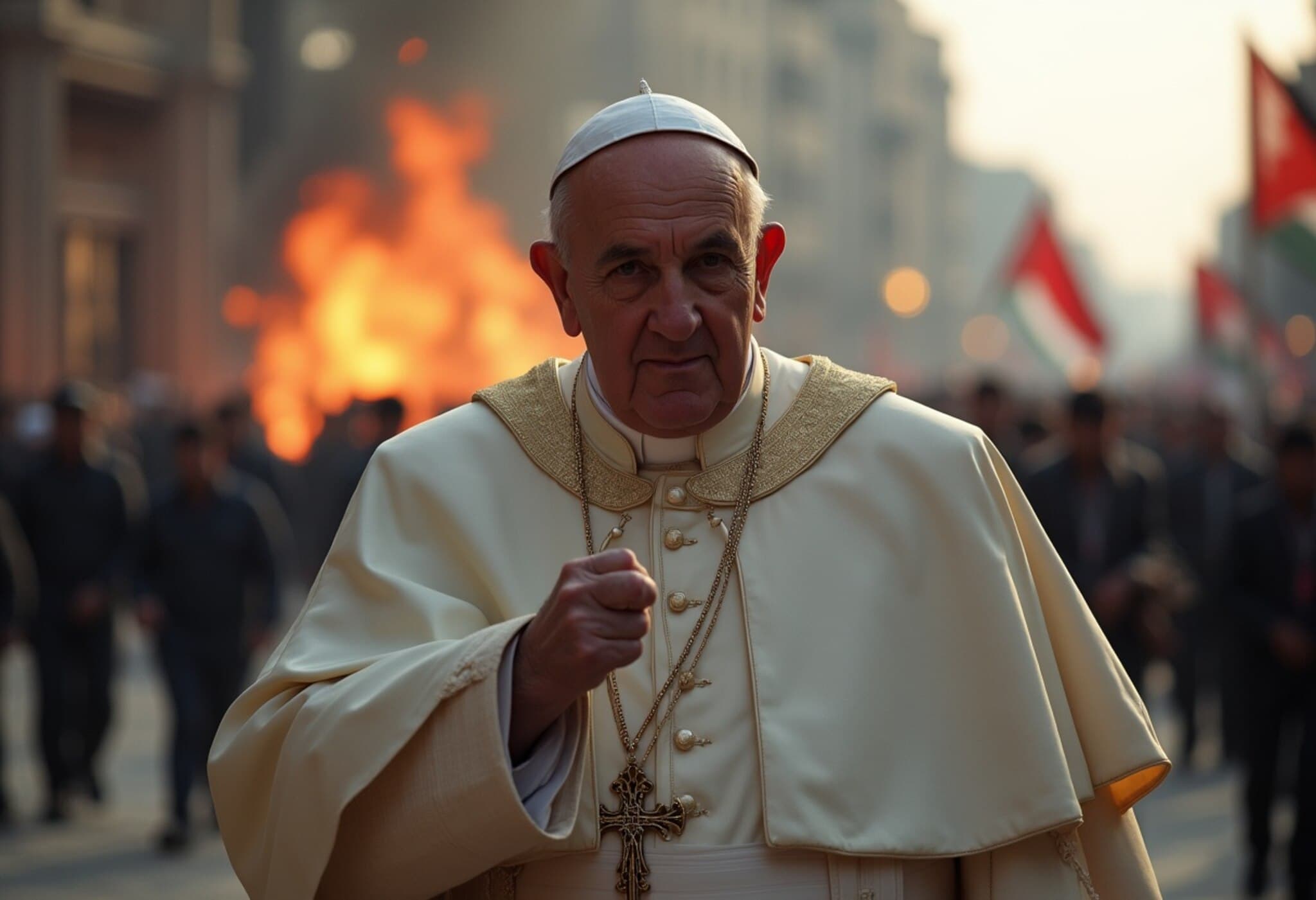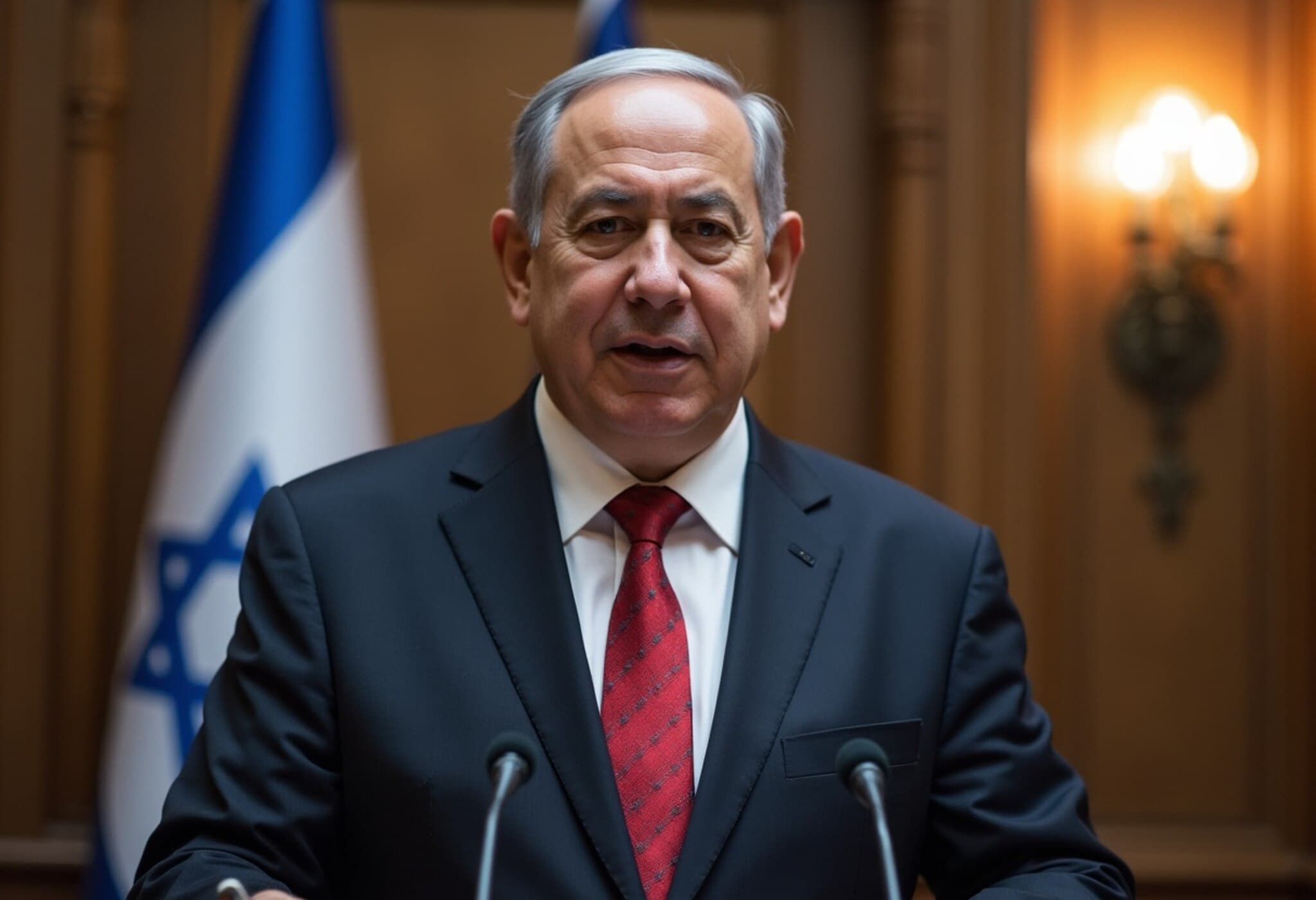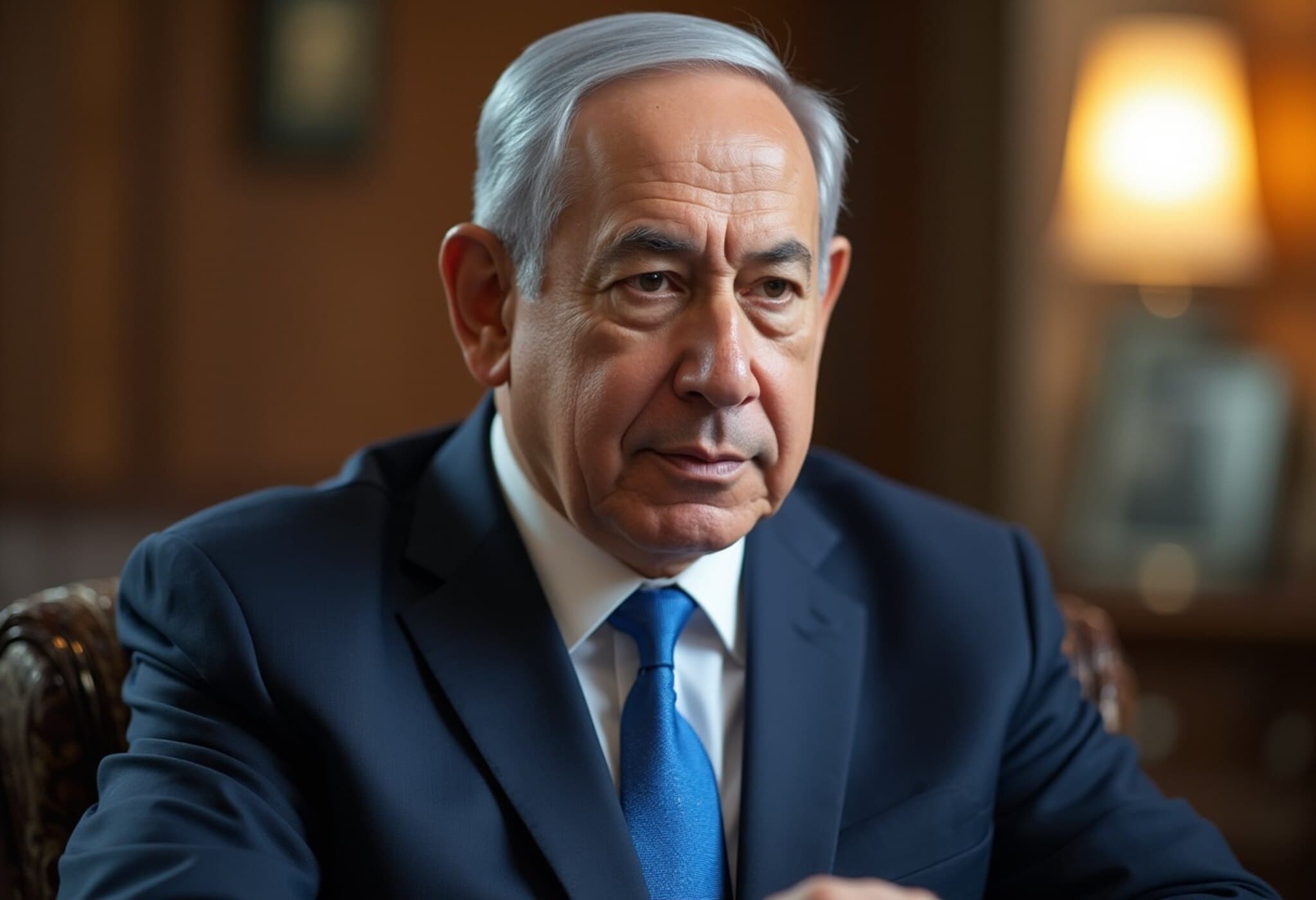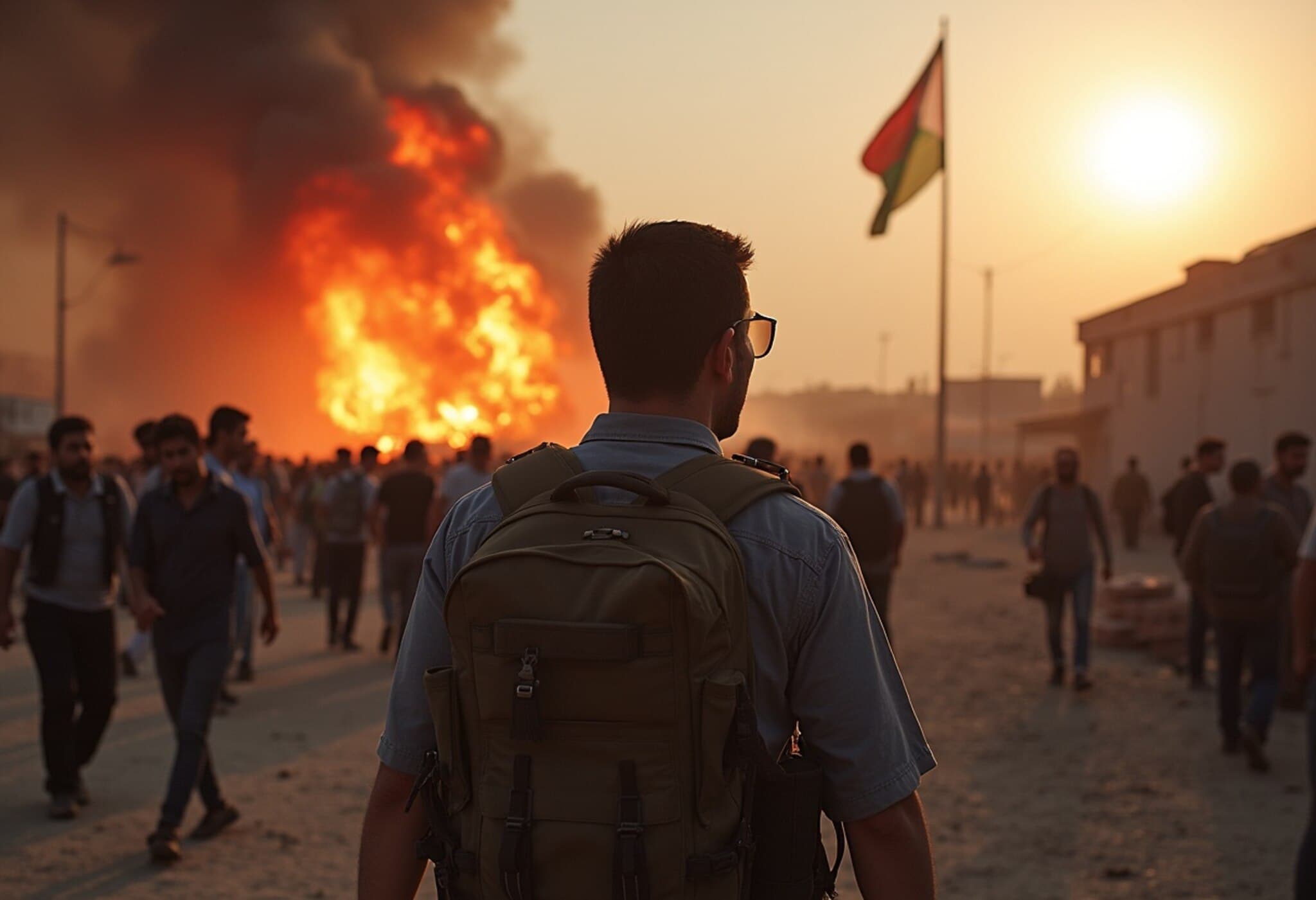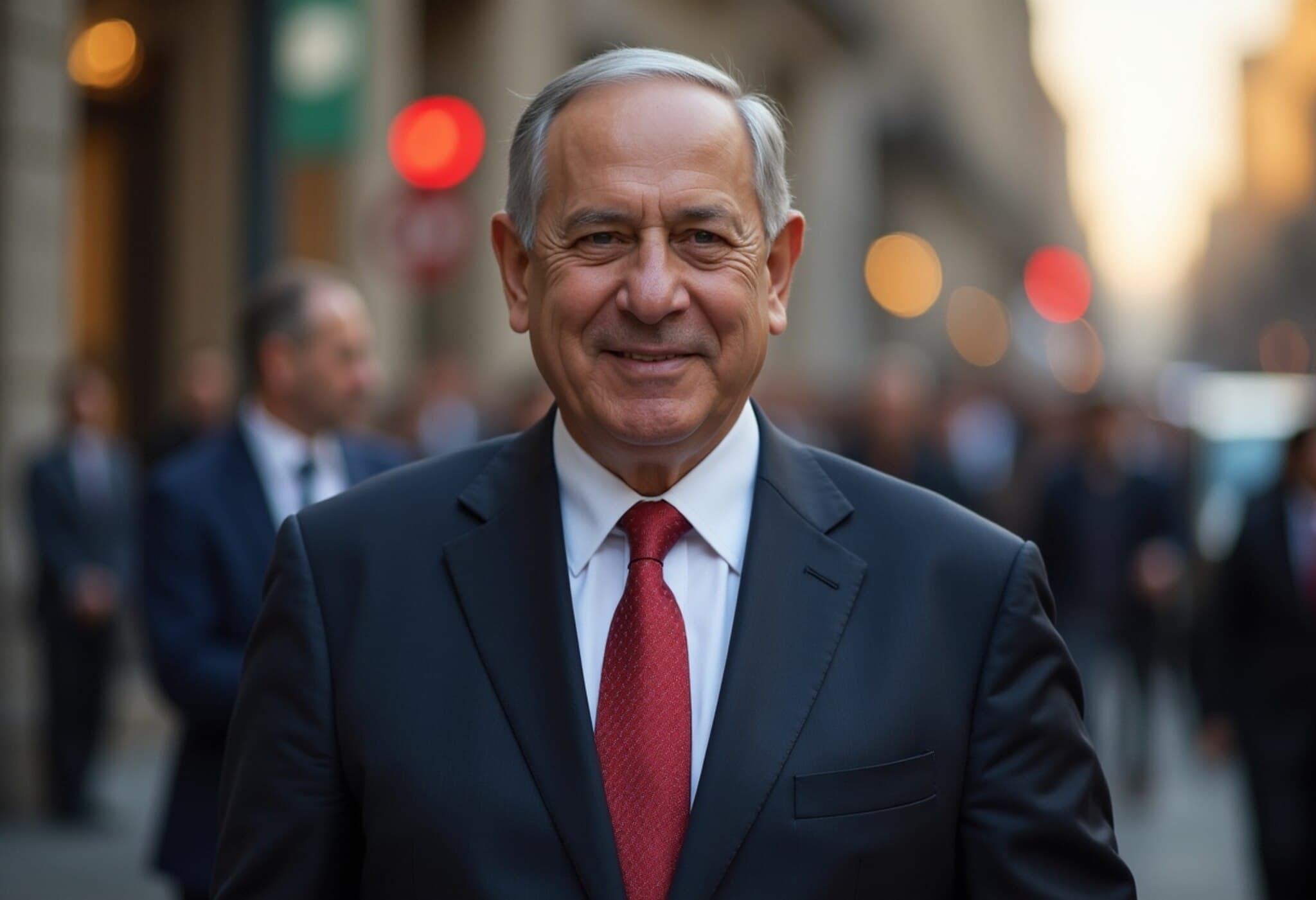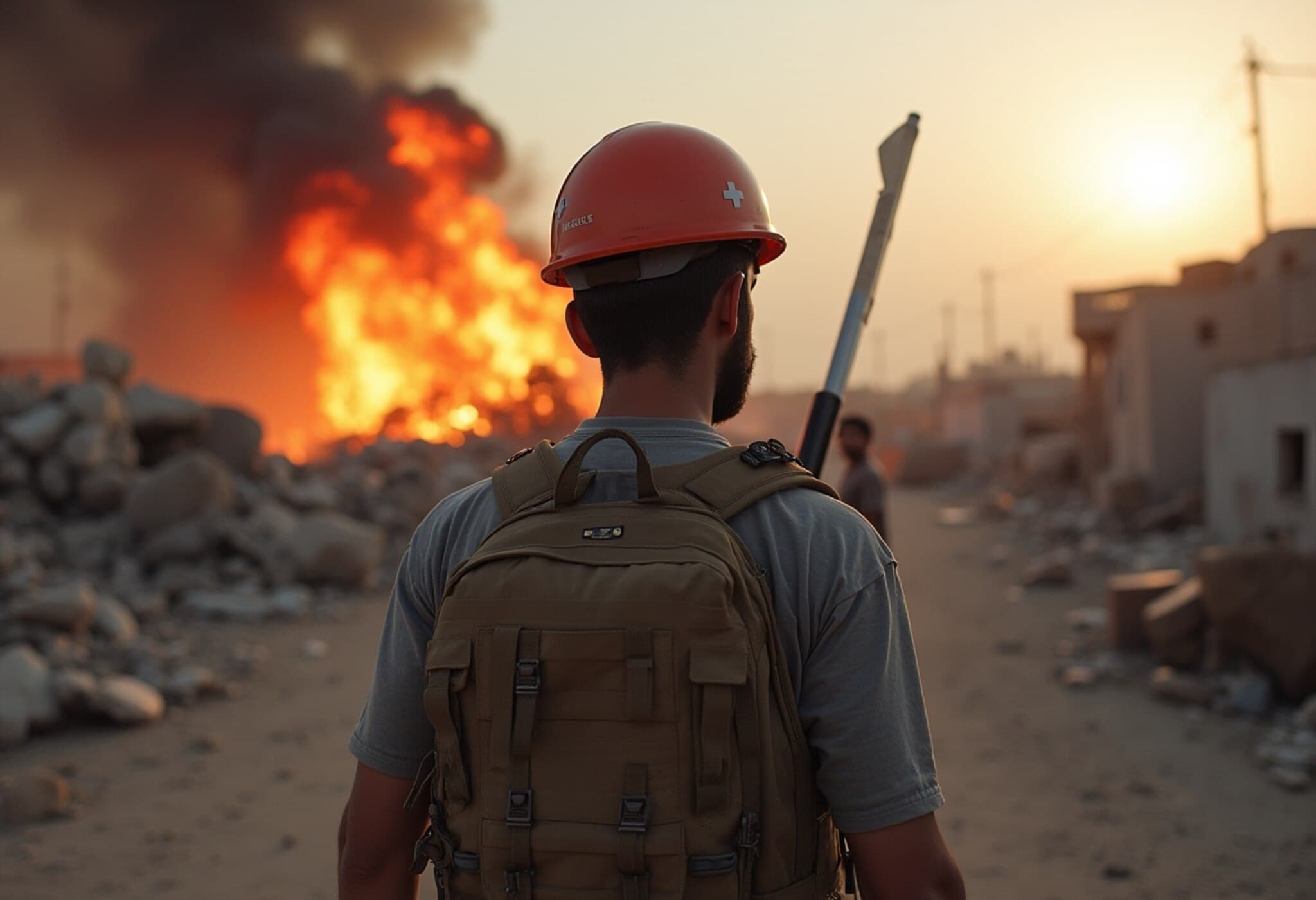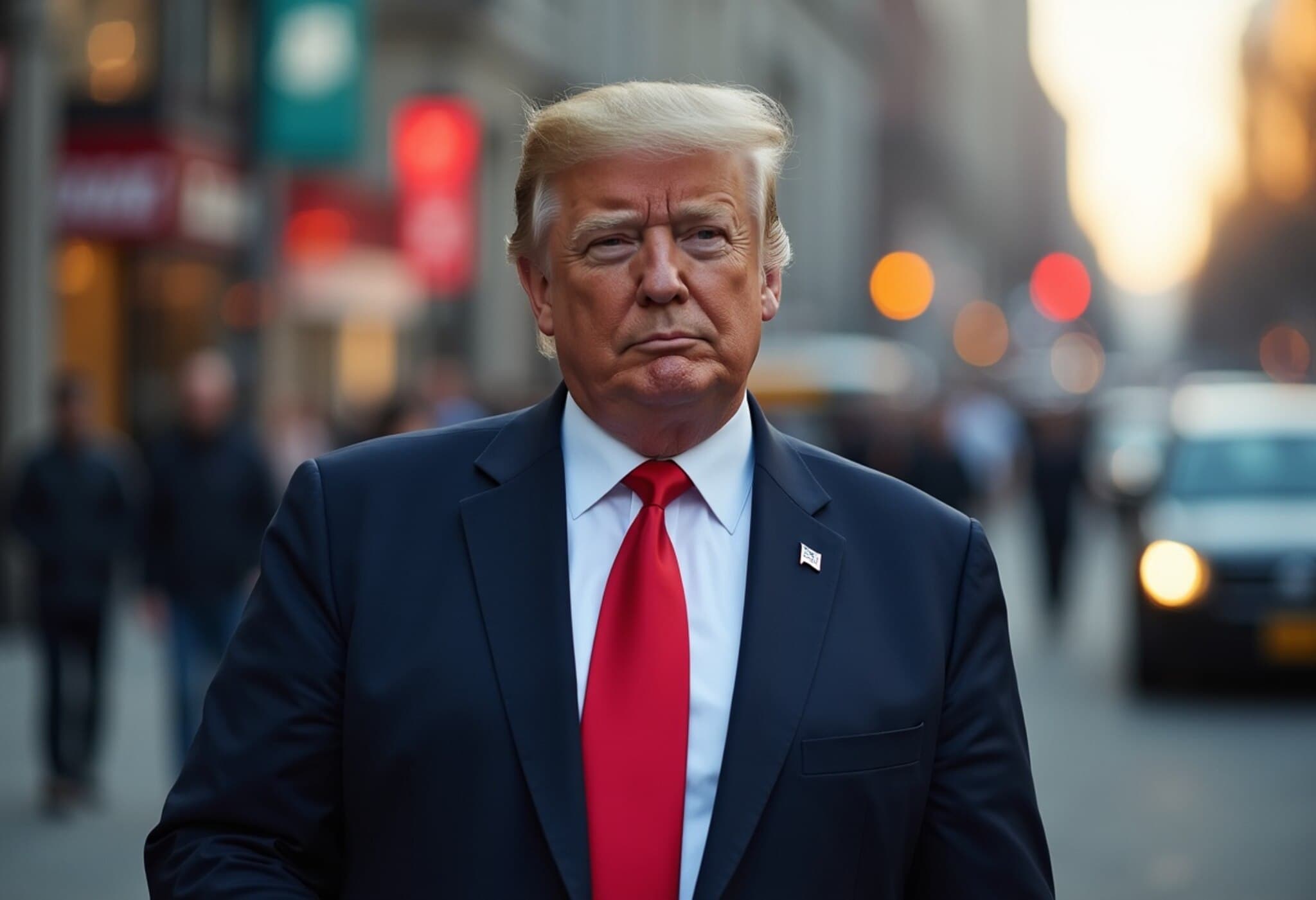US-Israel Joint Strategy to Resolve Gaza Conflict Gains Momentum
Steve Witkoff, Special Envoy to the Middle East under former President Donald Trump, recently reaffirmed the United States’ commitment to working closely with Israeli Prime Minister Benjamin Netanyahu to develop a comprehensive strategy aimed at ending the ongoing war in Gaza and disarming Hamas. This affirmation comes amid escalating humanitarian concerns and ongoing hostilities that have gripped the region.
Assuring Hostage Families: A Focus on Resolution
During a candid meeting reviewed by Reuters, Witkoff addressed families of Israeli hostages held by Hamas, emphasizing a shared and resolute plan between Washington and Jerusalem. He stated, “We have a very, very good plan that we’re working on collectively with the Israeli government, with Prime Minister Netanyahu … for the reconstruction of Gaza. That effectively means the end of the war.” The envoy’s words bring a glimmer of hope for families caught in the heart-wrenching ordeal of abductions and wartime suffering.
Challenges on the Ground: Hamas’ Position and Ceasefire Negotiations
Despite Witkoff’s optimistic framing, the reality remains complex. Hamas, which has administered Gaza since 2007, reiterated it would not cease its armed resistance until the establishment of an independent, fully sovereign Palestinian state with Jerusalem as its capital. This assertion clashes with the prospect of disarmament touted by the US and Israel.
Recent indirect talks seeking a 60-day ceasefire and partial release of hostages reached an impasse. Meanwhile, distressing videos have surfaced, including one of Israeli hostage Evyatar David, who appears emaciated and is shown digging what he describes as his own grave. Such stark images highlight the human cost embedded within the political stalemate.
Strategic Shift: From Partial to Comprehensive Hostage Release and Demilitarization
A senior Israeli official indicated that discussions between Israel and the US are evolving — signaling a shift from negotiating for the release of some hostages to an ambitious plan aiming to free all captives, disarm Hamas, and demilitarize Gaza. This aligns with Israel’s fundamental conditions for ending hostilities and establishing lasting security.
International Mediation and the Humanitarian Crisis
Amid diplomatic efforts led by Qatar, Egypt, France, and Saudi Arabia to revive peace talks, a renewed push for a two-state solution has emerged. Central to this is the Western-backed Palestinian Authority demanding that Hamas relinquish its weapons, a highly contentious issue given Hamas’ entrenched presence.
Witkoff’s recent visit to a US-supported aid operation in southern Gaza underlines the urgency of addressing the humanitarian catastrophe. Gaza’s 2.2 million residents face severe food shortages, with dozens reported to have died of malnutrition following months of blockade and restricted supply convoys. The United Nations criticized current aid efforts as insufficient, pressing Israel to expand ground deliveries beyond limited air-drops and temporary ceasefires.
The Toll of Conflict: Numbers Reflect a Grim Reality
- The violent outbreak on October 7, 2023, when Hamas attacked southern Israel, took 251 hostages and left over 1,200 Israelis dead.
- Subsequent Israeli military actions have reportedly resulted in more than 60,000 Palestinian deaths, according to Gaza health officials.
- Currently, approximately 50 Israeli hostages remain in Gaza, with estimates suggesting only 20 are still alive.
This devastating toll underscores the urgency for a diplomatic breakthrough and humanitarian relief to alleviate suffering on both sides.
Expert Analysis: Navigating the Path Forward
The US-Israel cooperation reflects a sophisticated recognition that military solutions alone cannot secure lasting peace. The proposed reconstruction of Gaza, alongside disarmament of Hamas, could lay the groundwork for regional stability. However, maneuvering through entrenched political positions, profound mistrust, and severe humanitarian distress requires nuanced diplomacy and sustained international support.
From a policy perspective, US engagement is critical not only for strategic interests in the Middle East but also to uphold its role as a mediator in resolving one of the world’s most intractable conflicts. The emphasis on rebuilding Gaza signals a shift toward long-term stabilization rather than a mere military victory.
Yet, key questions remain:
- How realistic is the prospect of disarming Hamas without provoking further violence or instability?
- Can the international community effectively coordinate humanitarian aid while respecting Israeli security concerns?
- What role will neighboring states and the Palestinian Authority play in a post-conflict Gaza?
Editor’s Note
This evolving partnership between the US and Israel represents a pivotal moment in the Gaza conflict. While plans for ending the war and disarming Hamas offer hope, the intertwined humanitarian crisis and political complexities demand vigilant international attention. Readers are encouraged to consider the broader implications of reconstruction and peacebuilding efforts, beyond immediate conflict resolution — including the vital need for inclusive governance and durable security frameworks that honor the rights and dignity of all inhabitants in the region.

